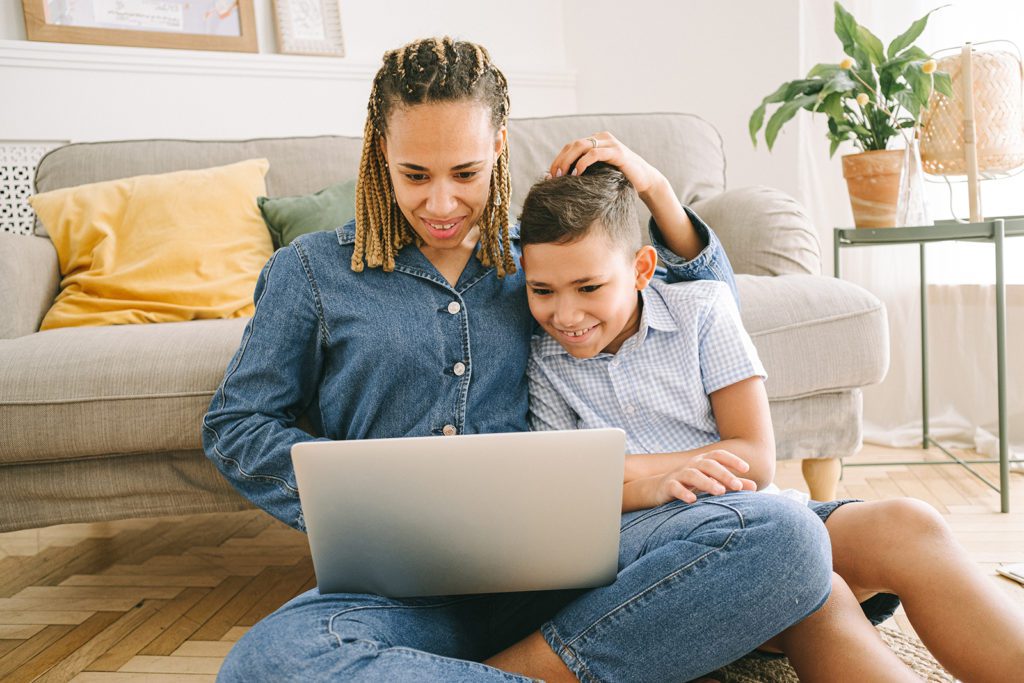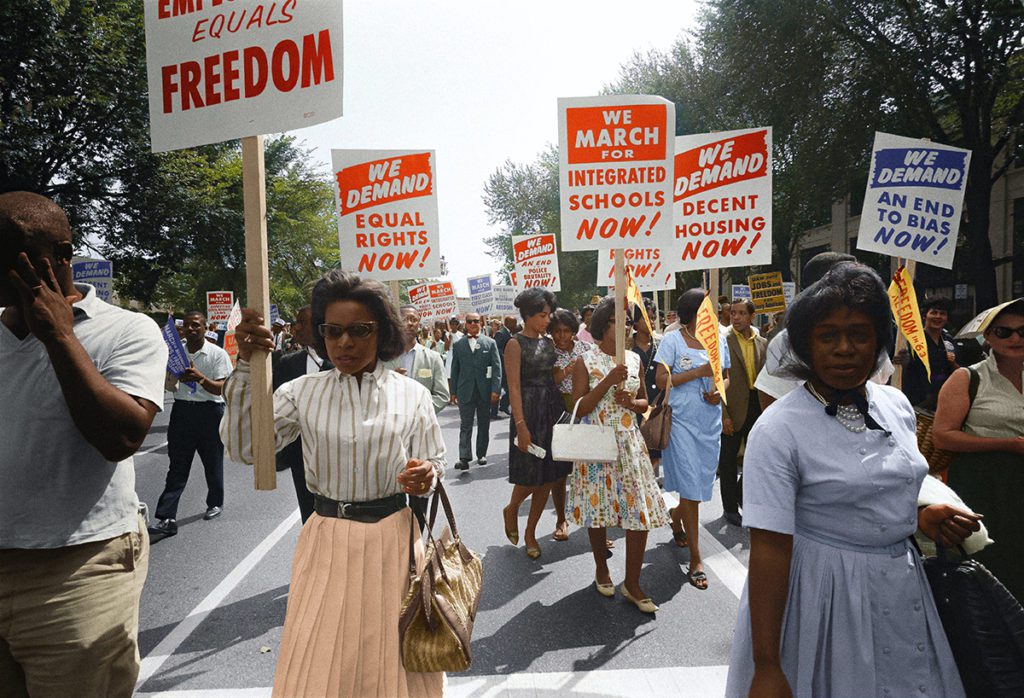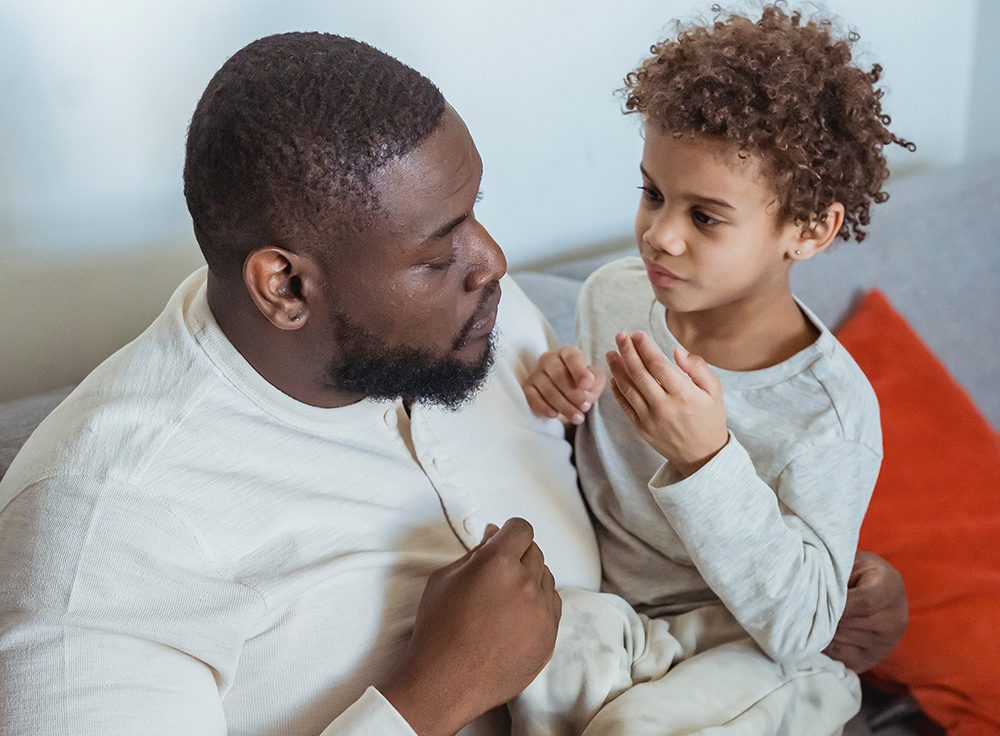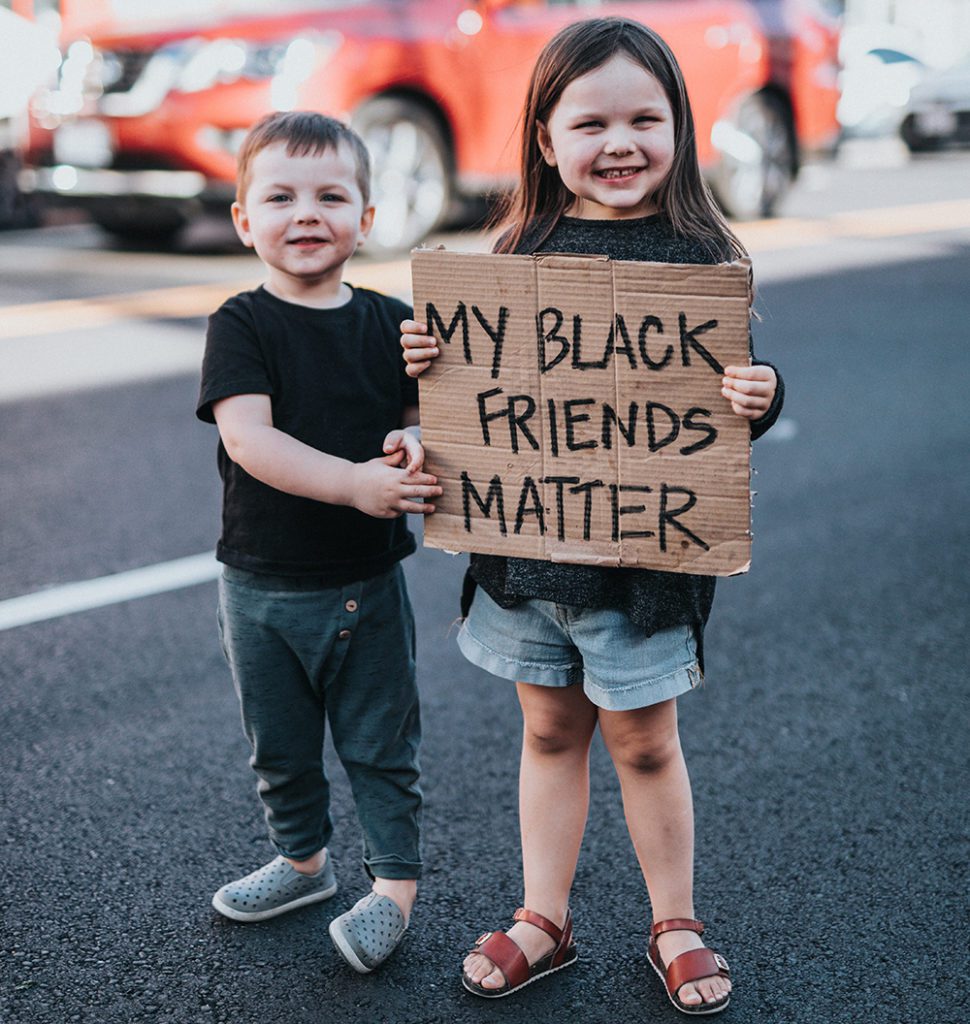Black History Month is upon us. Over the years, my children have been assigned a wide variety of Black History Month projects by their teachers. They have created paper collages about famous African-Americans, replicated the creations of Black inventors, and even dressed up and given speeches on important contributors to Black history. And while my children have learned quite a bit during these assignments, the focus on Black History in school typically only occurs during the brief month of February each year. Yet, African-Americans have made such a valuable impact on this country and deserve to be talked about year-round.

Why is it important to talk about Black History with your children?
Black History is such an important part of the history of America. Your children should know and understand the struggles that African-Americans faced in this country and also the rich contributions they have made to its progress. The Black community is not always portrayed in a positive light and the reality is that racism still exists in our country. If children can learn how valuable African-Americans are, maybe we can shift the tide when it comes to racism.
According to the American Academy of Pediatrics, babies as young as 6 months can see differences based on race. Toddlers can recognize biases related to race by age 3. And kids can be pretty set in their racial beliefs by age 12. Talking about Black history early on may help future generations to grow up in an anti-racist world.

How can you teach your kids about Black History year-round?
You may not always think about Black History in your everyday life, but there are so many ways to spark your children’s interest in it. Here are a few simple ways to teach your kids about Black History:
1. Highlight past events that relate to your everyday life. When you are making a peanut butter and jelly sandwich with your child, mention George Washington Carver – the scientist that developed hundreds of products using peanuts, sweet potatoes, and soybeans. If you are caught at a stoplight with your children, you can mention the contributions Garrett Morgan made in inventing the three-position traffic light.
Think of the long list of African-American scientists, inventors, professors, politicians, musicians, and athletes who have made significant contributions to our country. Then find ways to squeeze them into your discussions with your kids on a regular basis.

2. Highlight current events in the news that impact Black History. Events like the inauguration of the first Black President and first female Black/Asian-American Vice-President are noteworthy and worth watching with your children.
Other events that have been in the news over the past few years may not be the types of things we want to talk about with our children. But, it is important that children of all races know and understand the plight of Black people in America.
As a parent, you can take situations like the attacks on George Floyd, Ahmad Ahmaud Arbery, and Trayvon Martin and turn them into teaching moments. Once old enough, your children should understand that racism still exists in this world so that they can play an active role in minimizing it. When faced with events like these, ask your children questions like:
- Do you know what happened?
- How do you feel about what happened?
- Do you understand why this makes people angry?
- Have you ever felt like you were treated differently because of the color of your skin?
- Have you ever witnessed someone being treated differently because of the color of their skin?
- What can you do to make sure you are treated fairly?
- What can you do to be sure that others are treated fairly?
3. Teach your children about racism and how to live a life of inclusion. The best way to do this is to be a positive example yourself and demonstrate inclusion for your children. Expand your social circle to include people who do not look like you so both you and your children can be exposed to other cultures. Invite people from other cultures into your life and truly get to know them. Encourage your children to do this, too.
The best way to learn about and understand Black History is to get to know those who are living it every day. Work alongside your children to learn about those who are different from you so you can learn and appreciate what they bring to the table. Explain to your children that different does not necessarily mean bad.

4. Explore African-American culture. If your child is interested in a particular subject, encourage them to explore parts of African-American culture within that subject. This can include dance, art, literature, music, and sports. Encourage your child to learn more about the impact African-Americans have made on their chosen field. Find African-American recipes that you can make alongside your children. Visit a museum near you during Black History month to find an exhibit that teaches about Black culture. There are so many aspects of Black culture to be explored.
5. Emphasize the role Blacks have played in medicine in the United States. Learn the facts about the history of Black women in medicine so that you can share it with your children. Empower the next generation of women physicians by teaching them about those that came before and the struggles they went through to succeed. Talk about Rebecca Lee Crumpler, the first Black female physician in the US back in 1864, and the long list of African-American women who have contributed to modern medicine in our country.
6. Read books by African-American authors or based on Black History. There are many awesome Children’s book authors and poets who have written on a wide variety of topics. Expose your children to their rich writings. Many libraries have their own list of books by African-American Authors, especially during Black History Month. This list of children’s books is a terrific starting point for conversations about race.
Wouldn’t it be wonderful if our kids could grow up in a world without racism? I would love it if children (and adults!) everywhere truly got to know the cultures around us, and learned to appreciate the differences between us. We would celebrate Black History Month year-round, understand the struggles African-Americans have faced in this country, and respect the contributions they have made to our lives. I hope this list of 6 simple ways to teach your children about Black History will help you to incorporate this rich history into your everyday life.
Want to learn more? Check out this article about the impact of Black Women on the field of medicine! And if you are a physician or know a physician looking for encouragement and guidance as a physician, Women In White Coats is here to support you. Our passion is helping you be your best self and live the life of your dreams. Visit us at womeninwhitecoats.com.
Petra McEwan, MD, FAAP, IBCLC, is a practicing Pediatrician and Lactation Consultant in South Florida, where she lives with her husband and five kids. She is also a Women in White Coats Fellow. On her website, https://www.wifeymommydoc.com, she helps working wives and moms balance their many roles. She can be followed on Instagram and Facebook @wifeymommydoc.
Want to Burn Bright instead of Burn Out with our Physician Wellness and Empowerment Program? Join the waitlist now for an exclusive offer just for people on the list.



